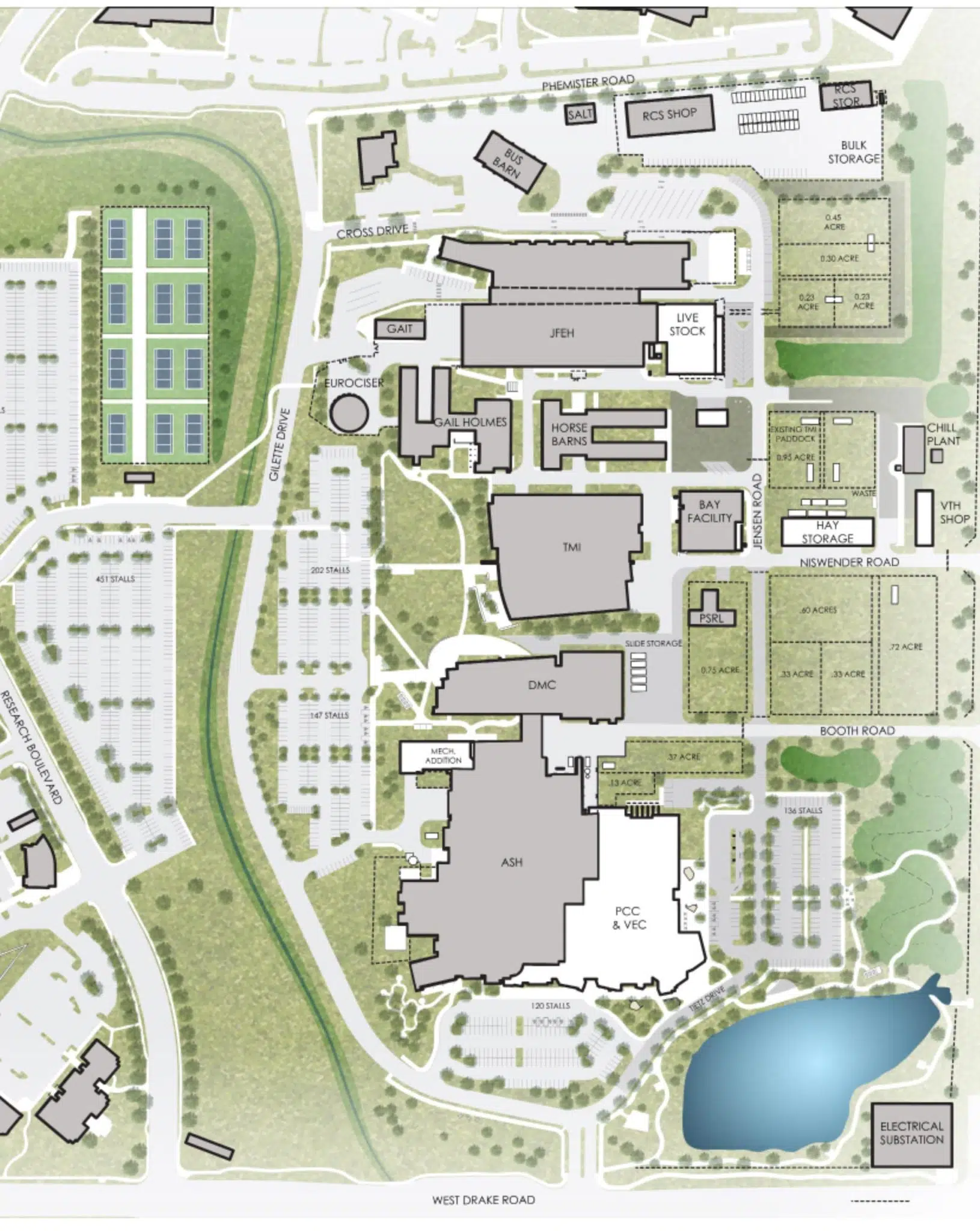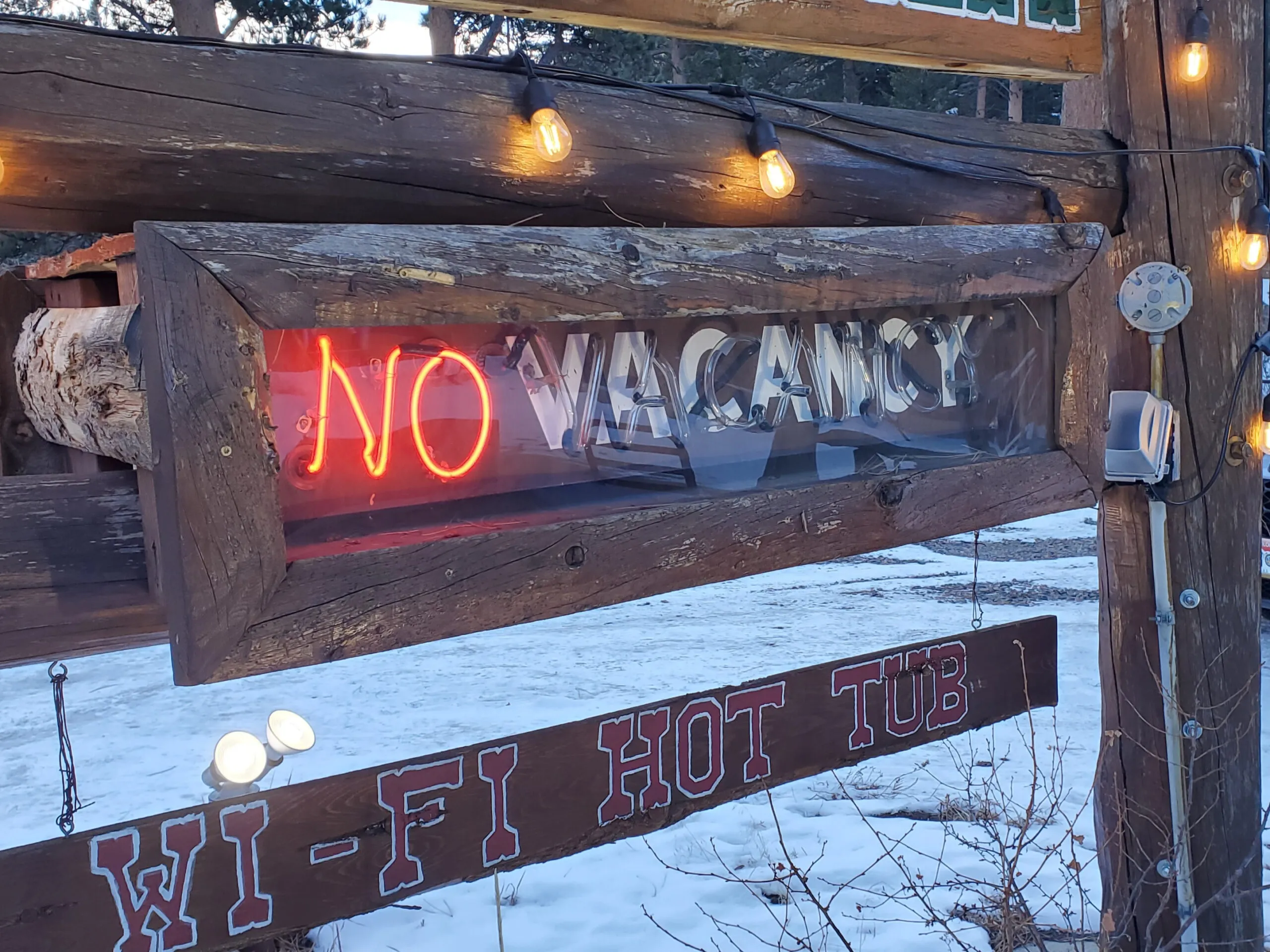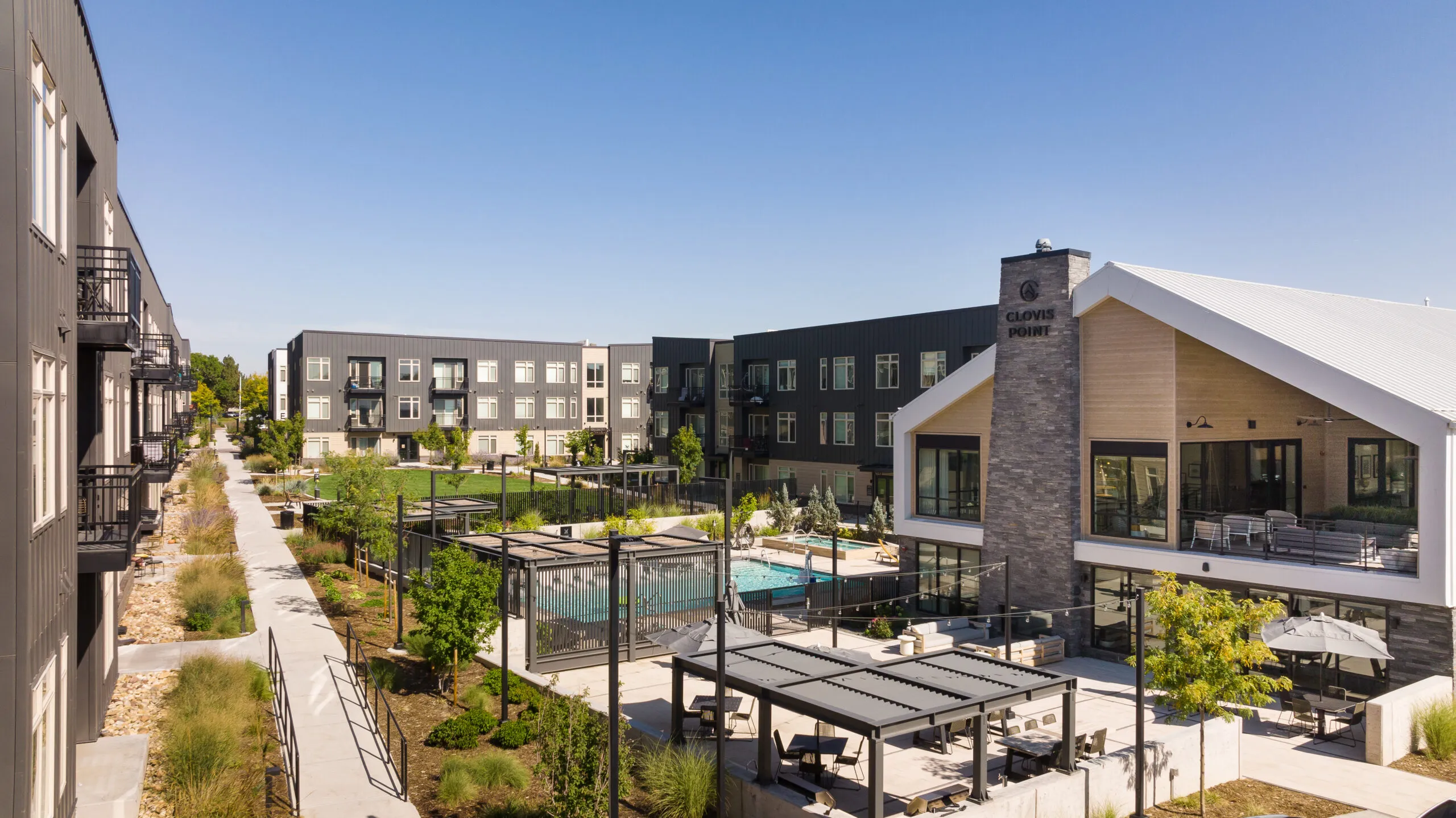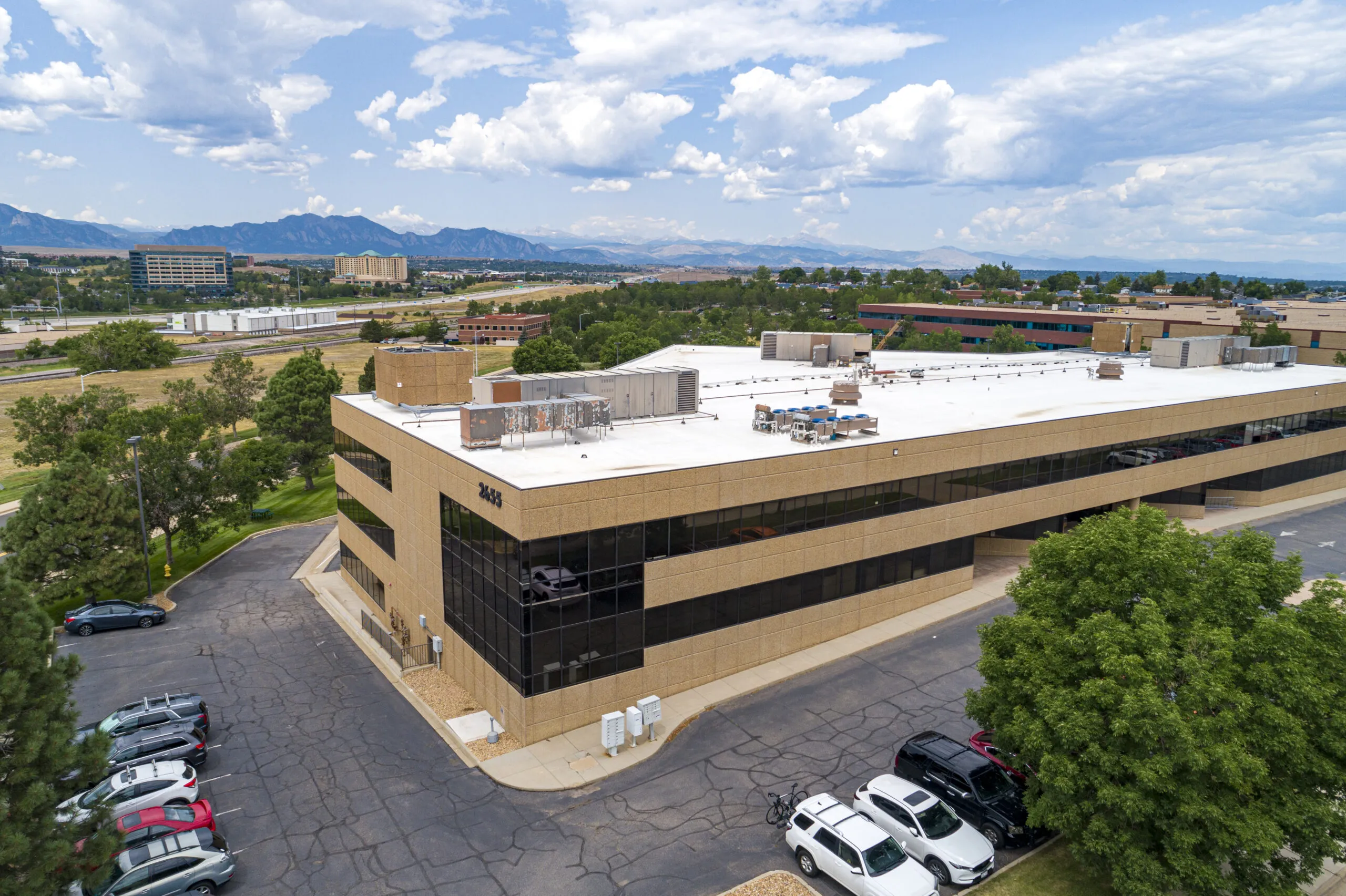CSU OKs $278M expansion, upgrade at veterinary school

FORT COLLINS – Colorado State University’s Board of Governors has approved a $278 million upgrade and expansion for its College of Veterinary Medicine and Biomedical Sciences on the university’s South Campus.
The decision was announced today as the board wrapped up two days of meetings.
The expanded facilities will be coupled with a renewal of CSU’s Doctorate in Veterinary Medicine program, which is planned for full rollout in fall 2026 and, according to media releases from the school, is designed to prepare “day-one-ready” veterinarians with medical training as well as skills in problem-solving, conflict resolution, decision-making, and mental, physical and financial wellbeing.…
THIS ARTICLE IS FOR SUBSCRIBERS ONLY
Continue reading for less than $3 per week!
Get a month of award-winning local business news, trends and insights
Access award-winning content today!





